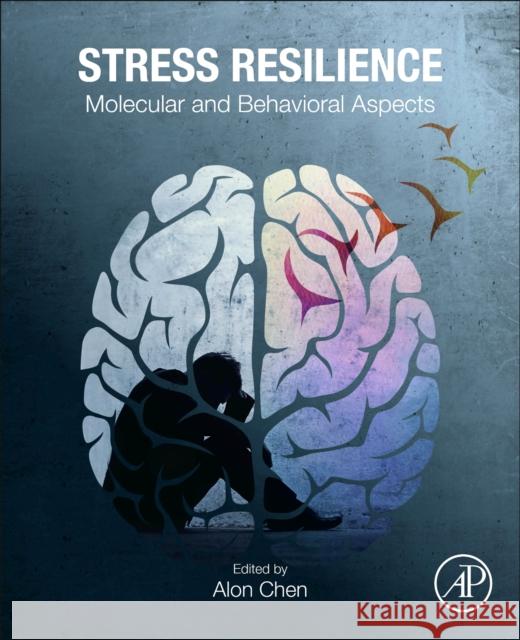Stress Resilience: Molecular and Behavioral Aspects » książka
topmenu
Stress Resilience: Molecular and Behavioral Aspects
ISBN-13: 9780128139837 / Angielski / Miękka / 2019 / 390 str.
Kategorie:
Kategorie BISAC:
Wydawca:
Academic Press
Język:
Angielski
ISBN-13:
9780128139837
Rok wydania:
2019
Dostępne języki:
Ilość stron:
390
Oprawa:
Miękka
Dodatkowe informacje:
Bibliografia
Wydanie ilustrowane
Wydanie ilustrowane











